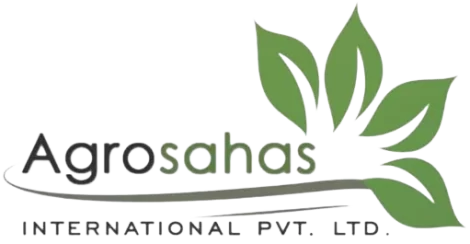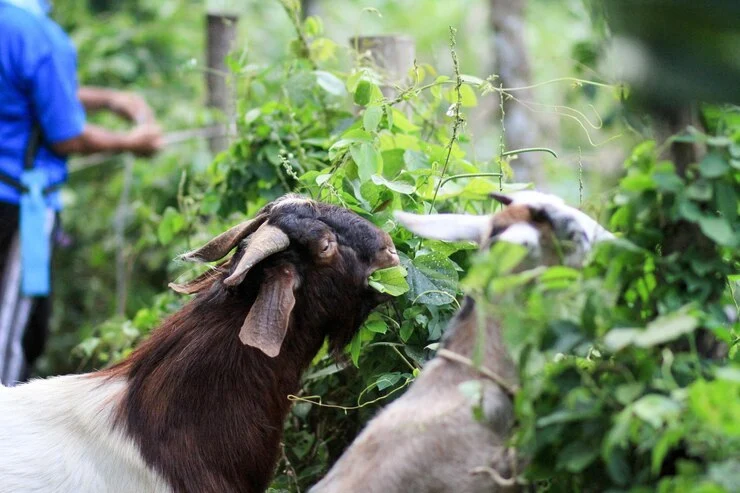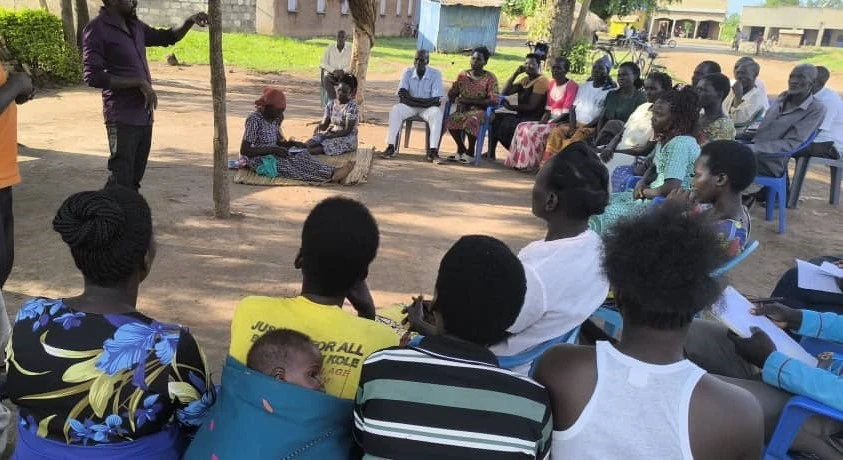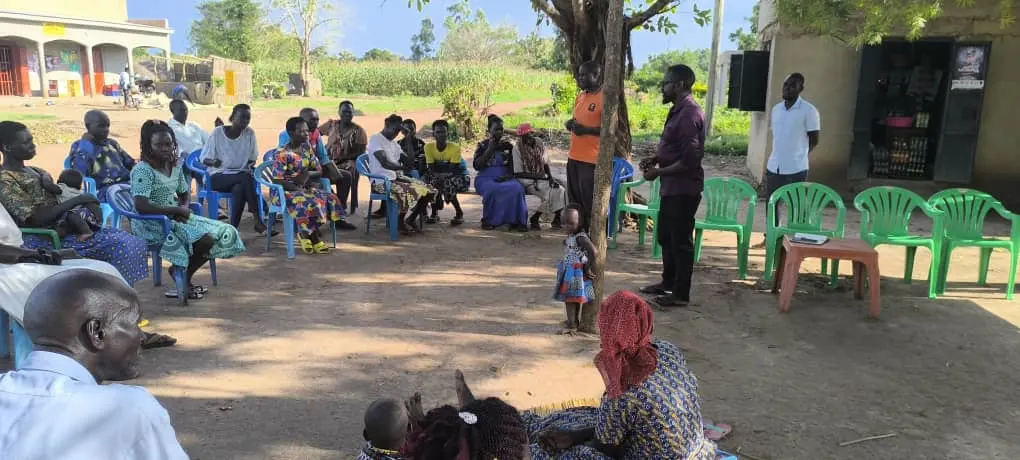Sustainable livestock management is crucial for creating resilient farming systems that support both environmental sustainability and farmer livelihoods. At Agrosahas International PVT LTD, we believe in integrating animals into our farming practices to enhance productivity, improve soil health, and ensure ethical treatment of livestock. This blog explores how animals are treated on local sustainable farms and the ways in which livestock make crop agriculture easier.
How Are Animals Treated on Local Sustainable Farms?
On local sustainable farms, animals are treated with respect and care, ensuring their well-being and health. Sustainable livestock management practices emphasize ethical treatment, which includes providing adequate space, proper nutrition, and humane handling. Here are some key aspects of animal treatment on sustainable farms:
1. Free-Range Systems
Animals on sustainable farms are often raised in free-range systems, allowing them to roam freely and exhibit natural behaviors. This reduces stress and promotes healthier, happier livestock.
2. Balanced Nutrition
Sustainable farms ensure that animals receive a balanced diet, often incorporating organic and locally sourced feed. This not only supports animal health but also reduces the environmental impact of feed production.
3. Veterinary Care
Regular veterinary care is a cornerstone of sustainable livestock management. This includes routine check-ups, vaccinations, and prompt treatment of illnesses, ensuring animals remain healthy and productive.
4. Humane Handling
Farmers on sustainable farms are trained in humane handling techniques to minimize stress and prevent injuries. This includes gentle handling during feeding, transport, and medical procedures.
5. Ethical Breeding Practices
Sustainable farms prioritize ethical breeding practices, avoiding overcrowding and ensuring that breeding animals are healthy and well-cared for.
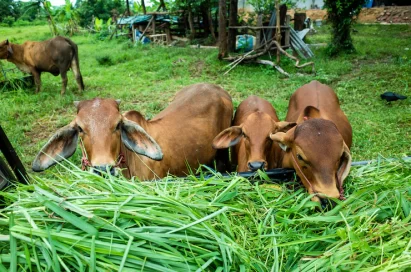
In What Ways Do Livestock Make Crop Agriculture Easier?
Integrating livestock into crop agriculture provides numerous benefits that enhance the sustainability and efficiency of farming systems. Here are some ways in which livestock make crop agriculture easier:
1. Nutrient Cycling
Livestock play a crucial role in nutrient cycling. Animal manure is an excellent source of organic fertilizer, enriching the soil with essential nutrients and improving soil structure. This natural fertilizer reduces the need for chemical inputs, promoting healthier crops and reducing environmental pollution.
2. Pest and Weed Control
Grazing animals can help control weeds and pests. For instance, sheep and goats can graze on cover crops and unwanted vegetation, reducing the need for herbicides. Additionally, chickens can help control insect populations, providing a natural pest management solution.
3. Soil Health Improvement
Livestock contribute to soil health by promoting soil aeration through their grazing activities. Their hooves break up compacted soil, enhancing water infiltration and root growth. The organic matter from manure also increases soil fertility and microbial activity.
4. Diversified Farm Income
Integrating livestock into crop agriculture diversifies farm income streams. Farmers can sell meat, dairy, eggs, and other animal products, providing additional revenue and reducing financial risk.
5. Enhanced Farm Resilience
Diversified farming systems that include both crops and livestock are more resilient to market and environmental fluctuations. The integration of livestock helps buffer against crop failures and provides a steady source of income and food.
6. Energy Efficiency
Livestock can contribute to energy efficiency on farms. For example, animal traction can be used for plowing and transport, reducing the reliance on fossil fuels and lowering greenhouse gas emissions.
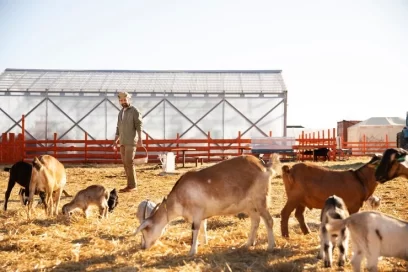
Sustainable Livestock Management Practices at Agrosahas
At Agrosahas International PVT LTD, we are committed to integrating sustainable livestock management practices into our farming systems. Our approach focuses on the following principles:
1. Holistic Farm Design
We design our farms holistically, ensuring that livestock and crops complement each other. This includes strategic placement of grazing areas, crop rotation, and integrating agroforestry practices to create a balanced and productive ecosystem.
2. Agroecological Practices
Our farming practices are based on agroecological principles, emphasizing biodiversity, ecological balance, and resource efficiency. We use cover crops, crop residues, and rotational grazing to maintain soil health and fertility.
3. Community Engagement
We engage with local communities to promote sustainable livestock management. This includes training farmers in ethical animal husbandry, proper nutrition, and humane handling techniques.
4. Research and Innovation
We invest in research and innovation to develop and implement sustainable livestock management practices. This includes exploring new technologies and methods to improve animal welfare, productivity, and environmental sustainability.
5. Policy Advocacy
We advocate for policies that support sustainable livestock management and animal welfare. This includes working with governmental and non-governmental organizations to promote ethical farming standards and practices.
Conclusion
Sustainable livestock management is essential for creating resilient and productive farming systems. At Agrosahas International PVT LTD, we are dedicated to integrating animals into our agricultural practices in a way that promotes environmental sustainability, enhances farmer livelihoods, and ensures ethical treatment of livestock. By focusing on holistic farm design, agroecological practices, community engagement, research, and policy advocacy, we aim to set a standard for sustainable agriculture that benefits both people and the planet.
